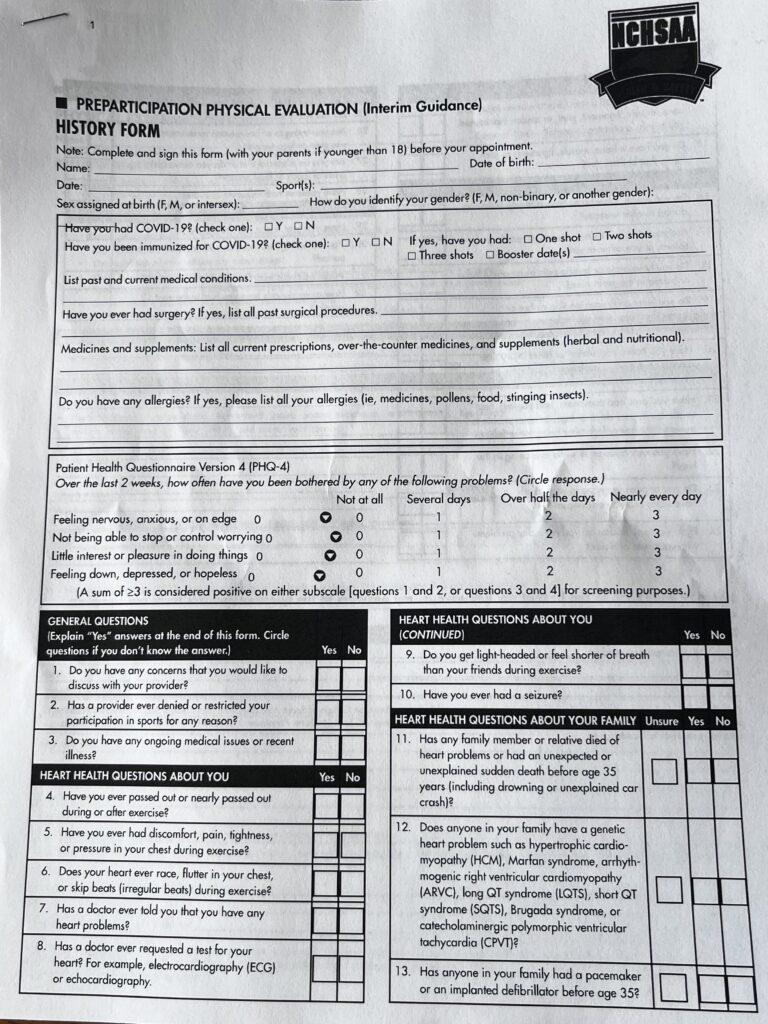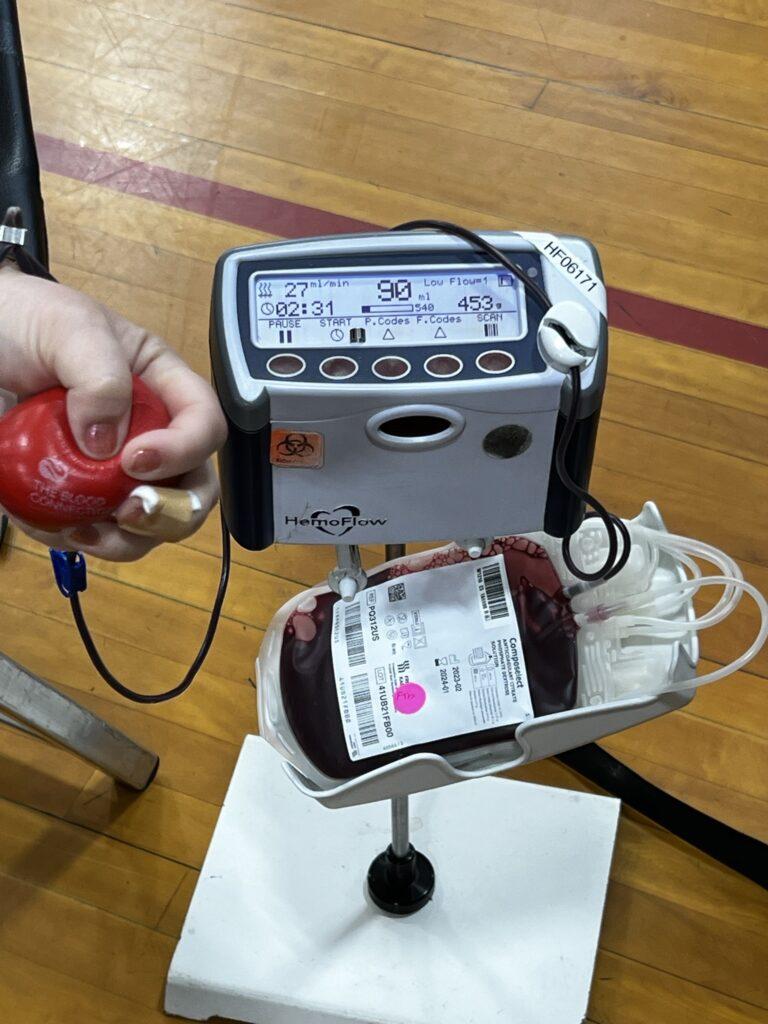Johnny’s eyes burned as he rolled into bed. It had been a long day, and he was ready to turn in. After watching the midnight premiere of an action movie with his friends, he decided to forgo completing his statistics homework and studying for a history exam scheduled for the next morning.
After all, he could always turn the worksheet in late for full credit. Even if he got a zero on the exam, the instructor would change the grade to a 50 or let him retake it. A sense of calm filled him as he drifted into sleep — no consequences he couldn’t deal with.
Though this situation is hypothetical, the Wake County School Board in Cary, N.C. recently considered a policy that would ban teachers from recording zeros in their gradebooks when a student fails to turn in an assignment or cannot correctly answer any questions on a test. The superintendent of the Wake County schools believes a zero is too punitive on a 100-point grading scale because students cannot recover from such a grade.
In their discussions, school board members argued that students do not learn from failing assignments; rather failures caused by zeros simply discourage the student from even trying to pull up their grade in a course.
Not only is this argument flawed, it is unfair to the students of Wake County schools. If students do not recognize the seriousness and importance of deadlines now, when will they? These individuals will not be accustomed to the rigidity of due dates in college or on a job, influencing their ability to find success beyond the realm of high school.
And what about those who dedicated their time to studying or homework? Is this modification to the grading system fair to these individuals? According to the National Education Association, the average high school senior should spend 120 minutes on homework each night. Someone who focuses on the class material and turns assignments in on time should be angered by the fact that a less than punctual peer can achieve the same grade.
But perhaps the Wake County School Board is genuinely concerned about the quality of education its students are receiving. Making courses easier is not a means of improving the learning environment.
On the contrary, deadlines should become more rigid and grading more strict, as to encourage students to become serious about learning.
Johnny will return to class with only minor repercussions for his inattentive behavior if the Wake County school board adopts a no-zero policy. Beyond the county lines, students will not be offered any slack. According to www.newsobserver.com, 44 percent of the 3,454 freshmen in UNC system schools from this area had a grade point average below 3.0 in the fall semester of 2011.
So, the conclusion? Classrooms should be teaching that zeros do actually exist, that failure is an inevitable part of the learning process. The students of Wake County deserve a better education and thus, a better future.













